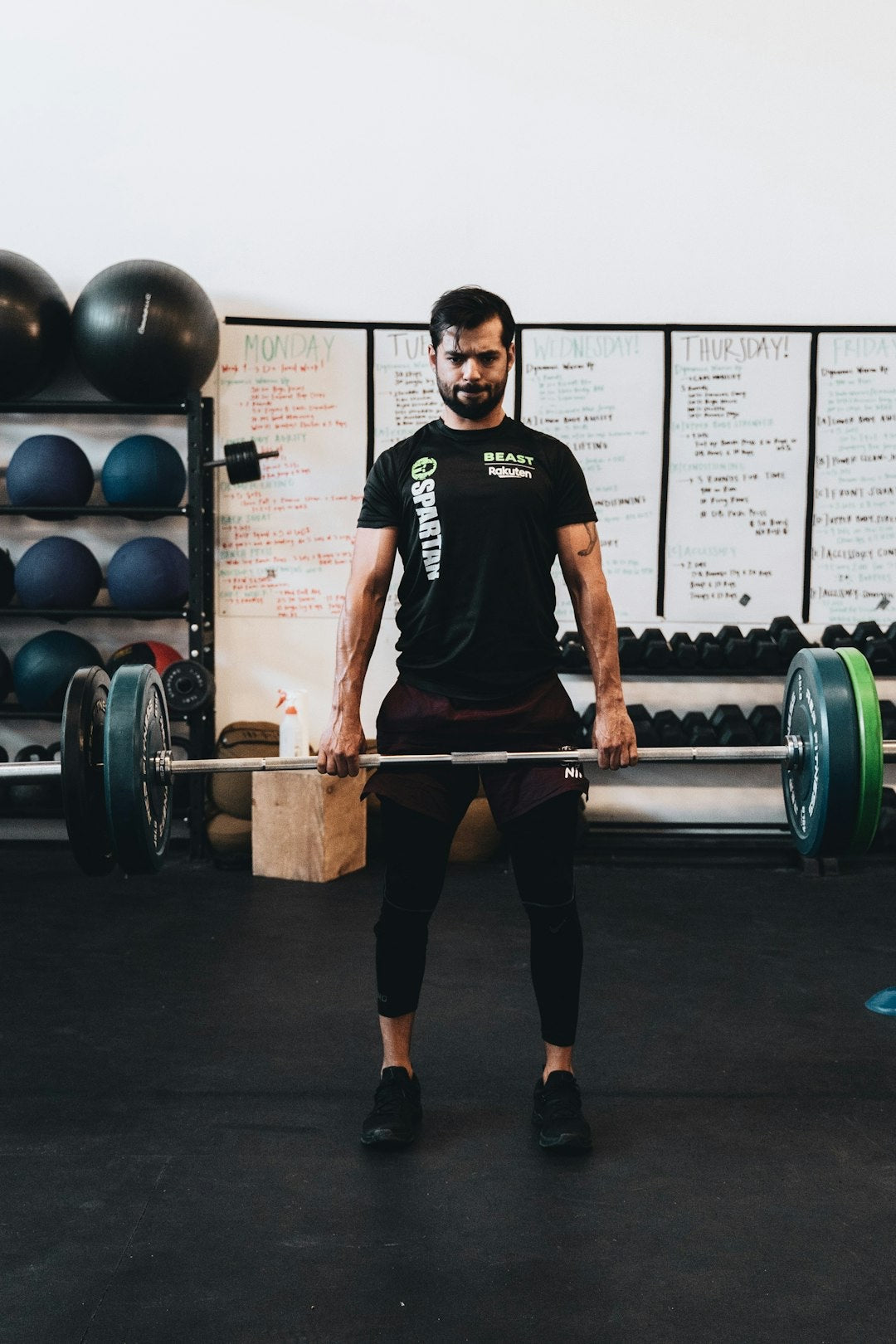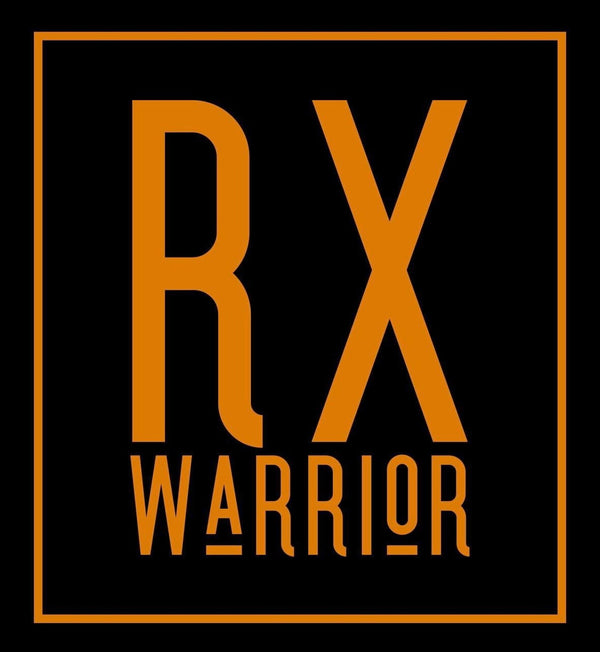
Unlocking Peak Performance: The Best Sports Nutrition Supplements for Amateur Athletes
Share
Unlocking peak performance in amateur athletes hinges significantly on the right nutrition, and sports nutrition supplements are at the forefront of this journey. With science-backed solutions, these supplements can optimize endurance, boost muscle recovery, and enhance overall health. From protein powder for efficient muscle repair to omega-3 supplements that reduce inflammation, the right products can make a world of difference. In this guide, we will explore the essential supplements that can help amateur athletes reach their performance goals naturally and effectively. Dive into the benefits and workings of these supplements, and uncover how they can transform your athletic performance.

Essential Sports Nutrition for Athletes
The Role of Protein Powder
Protein powder is a cornerstone of sports nutrition. For amateur athletes, it plays a crucial role in muscle repair and growth. After intense training sessions, muscles undergo stress and minor tears. Protein powder, rich in essential amino acids, helps to repair these muscle fibers efficiently. This not only accelerates recovery but also enhances muscle strength and endurance over time.
Whey protein is particularly popular due to its high biological value and quick absorption rate. For those with dietary restrictions, plant-based protein powders like pea or hemp provide excellent alternatives. Integrating protein powder into your diet can also help maintain a balanced nutritional profile, ensuring you meet your daily protein requirements without excess calorie intake.
For best results, consume protein powder within 30 minutes post-workout. This timing maximizes absorption, giving your muscles the nutrients they need right when they need them most.

Benefits of Omega-3 Supplements
Omega-3 supplements are invaluable for amateur athletes aiming to reduce inflammation and enhance recovery. These essential fatty acids, primarily found in fish oil, play a significant role in reducing muscle soreness post-exercise. They help in lowering the production of inflammatory compounds, thereby speeding up the recovery process.
Additionally, omega-3s support cardiovascular health by improving blood flow and reducing blood pressure. Improved circulation ensures that muscles receive adequate oxygen and nutrients during workouts, enhancing overall performance. Omega-3s also aid in maintaining joint health, which is crucial for athletes engaged in high-impact sports.
For athletes, a daily dose of omega-3 supplements can make a noticeable difference in recovery times and overall endurance. Consistent intake can lead to more efficient training sessions and reduced risk of injury, making omega-3s an essential addition to any sports nutrition regimen.

Vitamins for Energy and Health
Vitamins play a pivotal role in maintaining energy levels and overall health for amateur athletes. B vitamins, particularly B12 and B6, are essential for converting food into energy. They help in the formation of red blood cells, which transport oxygen to the muscles, thereby boosting endurance and reducing fatigue.
Vitamin D is another crucial nutrient, especially for bone health. It enhances calcium absorption, which is vital for maintaining strong bones and preventing injuries. Athletes who train indoors or live in areas with limited sunlight may require supplementation to meet their vitamin D needs.
Antioxidant vitamins like C and E help combat oxidative stress caused by intense physical activity. They protect cells from damage and support the immune system, ensuring athletes stay healthy and perform at their best.
Incorporating a balanced multivitamin into your daily routine can help fill any nutritional gaps, ensuring you have the energy and vitality needed for peak performance.

Enhancing Endurance Naturally
Creatine for Performance Boost
Creatine is a well-researched supplement known for its ability to enhance athletic performance, particularly in high-intensity sports. It works by increasing the availability of ATP, the primary energy carrier in cells. This boost in ATP production allows athletes to perform at higher intensities for longer durations.
For amateur athletes, creatine supplementation can lead to noticeable improvements in strength, power, and muscle mass. It is particularly beneficial for activities that require short bursts of energy, such as sprinting, weightlifting, and high-intensity interval training (HIIT).
Moreover, creatine has been shown to aid in muscle recovery, reducing soreness and downtime between intense workouts. This makes it easier to maintain a consistent training schedule and achieve performance goals more efficiently.
A typical creatine regimen involves a loading phase of 20 grams per day for 5-7 days, followed by a maintenance dose of 3-5 grams per day. This routine ensures optimal muscle saturation and sustained performance benefits.

Glutamine for Muscle Recovery
Glutamine is an amino acid that plays a vital role in muscle recovery and overall immune function. For amateur athletes, supplementing with glutamine can help speed up the recovery process after intense workouts. It aids in the repair of muscle tissues by supplying nitrogen, which is essential for muscle synthesis.
Additionally, glutamine helps maintain a healthy immune system, which can be compromised by rigorous training. Keeping your immune system strong ensures that you can train consistently without the setbacks of frequent illness or fatigue.
Glutamine also assists in reducing muscle soreness and inflammation, making it easier to manage post-workout discomfort. This allows athletes to return to their training regimen more quickly and effectively.
A common dosage for athletes is 5-10 grams of glutamine per day, preferably taken post-exercise. This ensures that your muscles receive the necessary nutrients right when they need them the most, optimizing recovery and performance.

Hydration and Electrolyte Balance
Proper hydration and electrolyte balance are crucial for maintaining endurance and performance in amateur athletes. Dehydration can lead to decreased energy levels, muscle cramps, and impaired cognitive function, all of which can hinder athletic performance.
Electrolytes, including sodium, potassium, magnesium, and calcium, play a key role in muscle function and fluid balance. During intense workouts, the body loses electrolytes through sweat, which must be replenished to prevent imbalances. An electrolyte imbalance can lead to muscle weakness, fatigue, and even more severe conditions like hyponatremia.
To maintain optimal hydration, athletes should drink water regularly throughout the day and consume electrolyte-rich beverages during and after workouts. Sports drinks, coconut water, and electrolyte tablets are effective options for replenishing lost minerals.
Monitoring urine color can help gauge hydration levels; light yellow indicates proper hydration, while dark yellow suggests the need for more fluids. Staying hydrated and balanced in electrolytes ensures sustained energy and peak performance.
Supporting Muscle Recovery
Importance of Amino Acids
Amino acids are the building blocks of proteins and play a critical role in muscle recovery for amateur athletes. They are essential for repairing and rebuilding muscle tissues that are broken down during intense physical activity.
Branched-Chain Amino Acids (BCAAs), including leucine, isoleucine, and valine, are particularly important. They help reduce muscle soreness and fatigue, allowing athletes to recover quicker and maintain a consistent training schedule. Leucine, in particular, activates muscle protein synthesis, which is crucial for muscle growth and repair.
In addition to BCAAs, essential amino acids (EAAs) support overall muscle health and function. They aid in maintaining muscle mass, especially during periods of calorie restriction or intense training.
Supplementing with amino acids can be done through protein-rich foods like meat, fish, and legumes, or through specific amino acid supplements. This ensures that athletes get the nutrients they need to recover fully and perform optimally in their next workout.

Anti-Inflammatory Supplements
Anti-inflammatory supplements can be a game-changer for amateur athletes focused on muscle recovery. Chronic inflammation can impede recovery and lead to long-term injuries. Supplements like turmeric, which contains curcumin, are highly effective in reducing inflammation. Curcumin has natural anti-inflammatory and antioxidant properties that help alleviate muscle soreness and joint pain.
Another powerful anti-inflammatory supplement is omega-3 fatty acids, commonly found in fish oil. Omega-3s help lower the production of inflammatory molecules, speeding up recovery and reducing muscle soreness post-exercise. Additionally, they support heart health, making them a valuable addition to any athlete’s diet.
Boswellia, also known as Indian frankincense, is another supplement known for its anti-inflammatory benefits. It can help reduce swelling and improve mobility, making it easier to return to training after intense workouts.
Incorporating these supplements into your daily routine can significantly enhance recovery, allowing you to train harder and perform better.
Customer Success Stories
Many amateur athletes have experienced remarkable improvements in their muscle recovery and overall performance through sports nutrition supplements. Take Sarah, for example, a dedicated marathon runner who struggled with post-race muscle soreness. After incorporating BCAAs and omega-3 supplements into her routine, she noticed a significant reduction in recovery time and muscle pain, allowing her to train more consistently and effectively.
John, a weekend warrior and avid cyclist, faced similar challenges. He began using protein powder and glutamine supplements to aid in muscle repair. Within weeks, he reported enhanced muscle strength and quicker recovery between rides, enabling him to push his limits without the fear of prolonged downtime.
These success stories highlight the transformative impact of targeted supplementation. By addressing specific nutritional needs, athletes like Sarah and John have unlocked new levels of performance and recovery, proving the efficacy of science-backed sports nutrition supplements.

Choosing the Right Supplements
Quality and Safety Considerations
When selecting sports nutrition supplements, quality and safety are paramount. Not all supplements are created equal, and choosing high-quality products ensures you get the intended benefits without harmful side effects. Look for supplements that are third-party tested for purity and potency. This verification process ensures that the product contains what it claims and is free from contaminants.
Check for certifications from reputable organizations like NSF International or Informed-Sport, which test supplements for banned substances and quality standards. Opt for brands with transparent ingredient lists and clear labeling, avoiding products with proprietary blends that obscure the exact quantities of active ingredients.
Consult with healthcare professionals or a registered dietitian before starting any new supplement regimen. They can provide personalized advice based on your specific health needs and athletic goals. Prioritizing quality and safety in your supplement choices can help you avoid potential health risks and maximize your performance and recovery benefits.

Personalized Supplement Plans
Personalized supplement plans can significantly enhance the effectiveness of your sports nutrition regimen. Every athlete has unique nutritional needs based on factors like age, gender, training intensity, and specific performance goals. A one-size-fits-all approach may not address these individual requirements effectively.
Working with a sports nutritionist or dietitian can help you tailor a supplement plan that meets your specific needs. They can assess your dietary intake, identify any nutritional gaps, and recommend supplements that complement your diet and training program. This personalized approach ensures that you are not over-supplementing or neglecting essential nutrients.
Additionally, personalized plans can adapt over time, accommodating changes in your training intensity, goals, or health status. Regular consultations allow for adjustments based on your progress and evolving needs, ensuring sustained performance and recovery benefits.
By investing in a personalized supplement plan, you can optimize your nutrition strategy, support your athletic ambitions, and achieve your peak performance more efficiently.

Expert Recommendations
Expert recommendations can provide invaluable guidance when choosing the right sports nutrition supplements. Professionals in sports nutrition and dietetics possess the knowledge and experience to help you navigate the vast array of available supplements. They can recommend products based on scientific evidence, ensuring you receive the most effective and safe options.
For instance, experts often advocate for the use of whey protein for muscle repair due to its high biological value and fast absorption. Similarly, they may suggest omega-3 supplements for their proven anti-inflammatory benefits and role in cardiovascular health. Creatine is frequently recommended for its well-documented performance-enhancing effects, particularly in high-intensity activities.
In addition to product-specific advice, experts can offer insights into optimal dosing, timing, and combinations of supplements. This holistic approach ensures that your supplement regimen is well-rounded and maximally effective.
Relying on expert recommendations helps you make informed decisions, ensuring that your investment in sports nutrition supplements yields the best possible outcomes.

